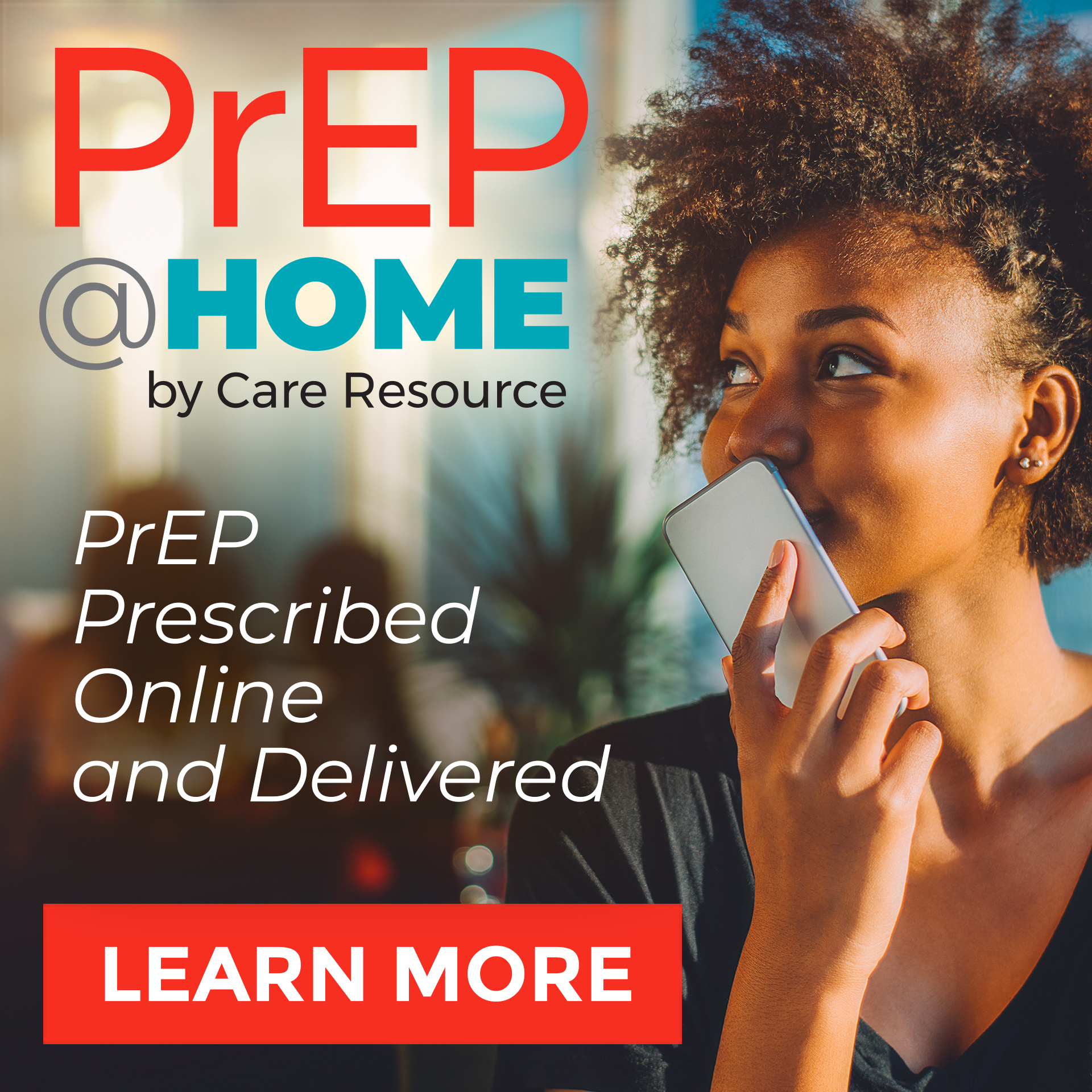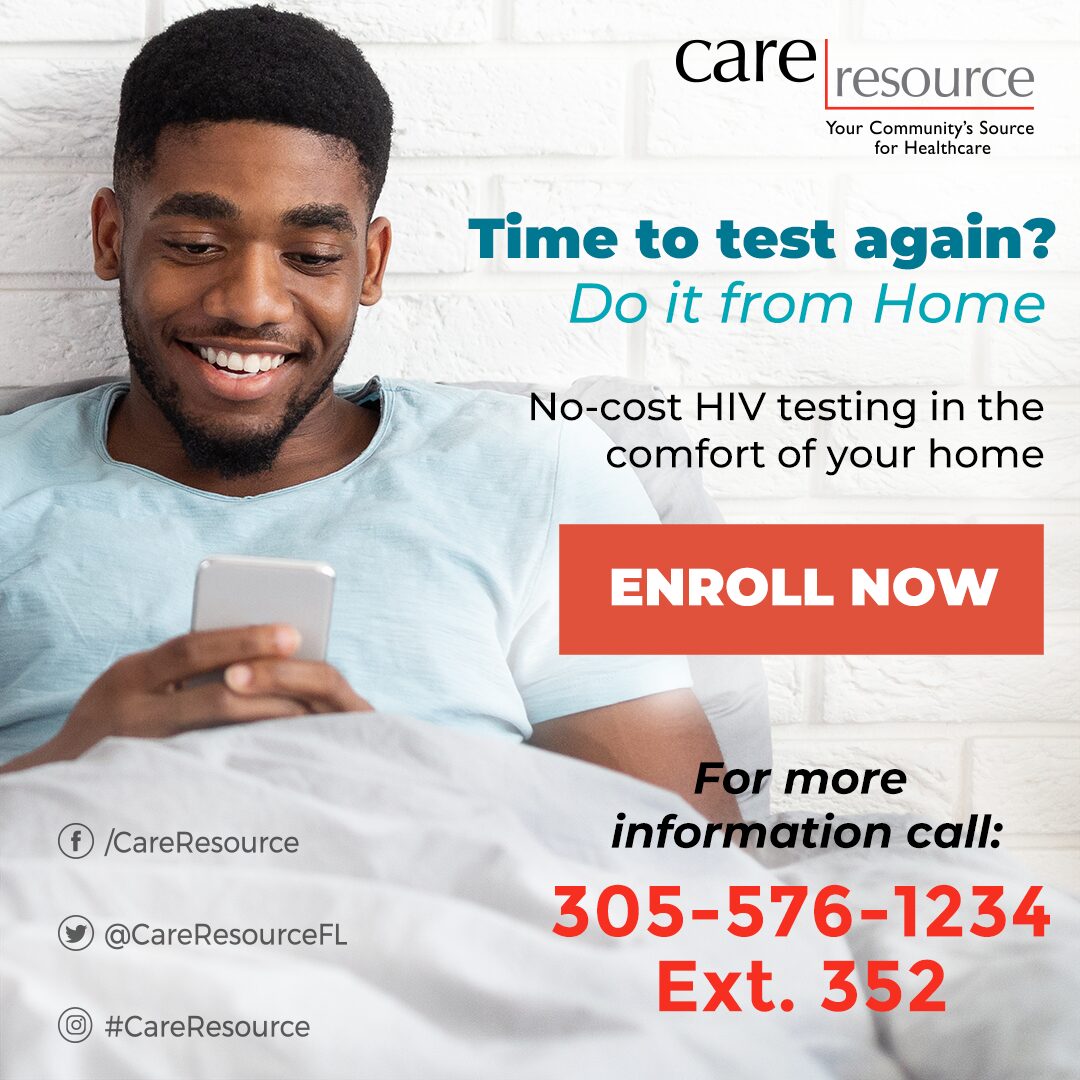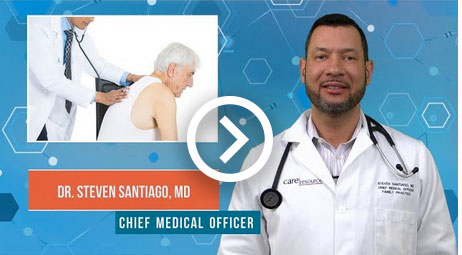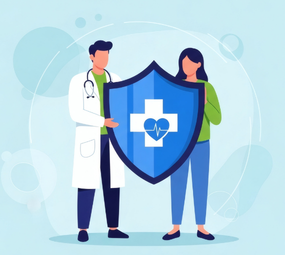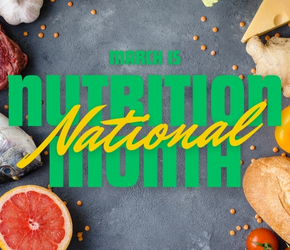 Personalized Nutrition: Tailoring Your Diet for Better Health
Personalized Nutrition: Tailoring Your Diet for Better Health
We all know eating healthy is important, but did you know that the best diet for you might be different from someone else’s? That’s where personalized nutrition comes in. It’s about adjusting your diet to fit your own health needs, lifestyle, and even your genes.
Maybe you’ve tried different diets in the past, but they didn’t quite work. Personalized nutrition can help you create a plan that’s just right for you, whether it’s to help with a health condition, give you more energy, or just make you feel better overall.
Why Is Personalized Nutrition Important?
Not all diets work for everyone. We all have different health problems, activity levels, and genetics that change how our bodies use food. For example, someone with diabetes might need to watch their sugar, while someone with high blood pressure may need to avoid too much salt. By personalizing your diet, you can better manage your health and reduce the risk of serious problems like heart disease or diabetes.
Who Can Benefit from Personalized Nutrition?
Personalized nutrition is great for anyone, but it’s especially helpful if you have health challenges like diabetes, high blood pressure, or high cholesterol. It’s also beneficial for anyone who wants to feel better, whether it’s having more energy, improving your mood, or just staying healthier. People of all ages—kids, teens, and adults—can benefit from a diet made for them.
How to Start Your Personalized Nutrition Journey
- Set Your Health Goals: Whether it’s losing weight, improving your heart health, or getting more energy, figure out what you want to achieve.
- Talk to a Professional: A dietitian or nutritionist can help you create a plan that fits your needs, especially if you have a health condition.
- Track Your Food: Keep a record of what you eat to see what you might need to change.
- Start Small: You don’t need to make big changes all at once. Start by adding more fruits and veggies, choosing whole grains, and eating less processed food.
- Stick With It: Small changes, if done regularly, can really make a difference in how you feel.
At Care Resource, we’re here to help you make the best choices for your health. Whether you’re managing a health condition or just want to feel your best, we’re here to guide you every step of the way. Click here to pre-register and get information.
Want to learn more about how nutrition can impact your health? Visit the CDC’s nutrition page here.
